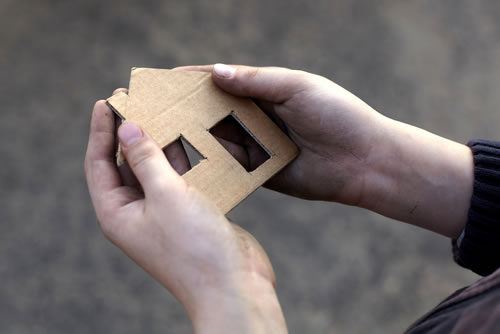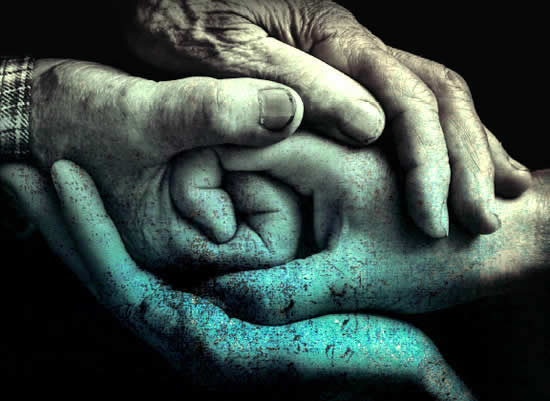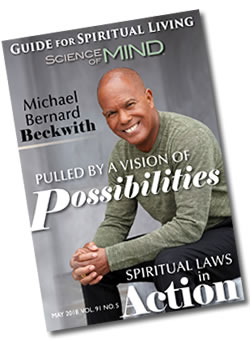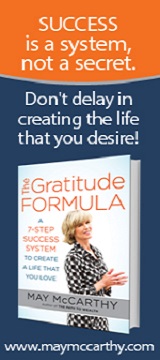 |
|
||
 |
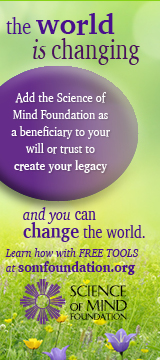 ...more |
 |
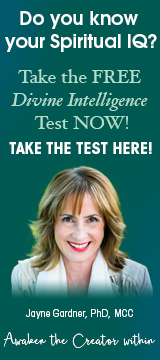 ...more |
 |
 ...more |
 |
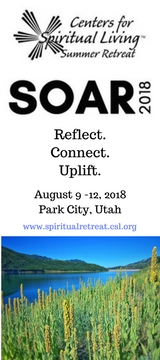 ...more |
 |
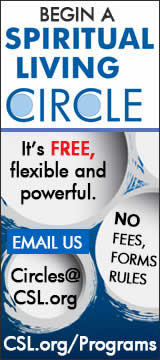 ...more |
|
Creating a More Equitable, Just SocietyLike all American cities, Denver struggles with the profound problems associated with homelessness. Colorado, like some American states, has seen an expansive rise in housing costs, with affordable housing increasingly out of reach for families and individuals. Last year, college student Morgan Smith completed an internship with the Interfaith Alliance of Colorado, focusing on finding radical solutions to address homelessness in Denver. He worked with Denver Homeless Out Loud, co-developing a tiny home village as a means to provide housing for those without adequate shelter. As Smith explains in the May 2018 issue of Guide for Spiritual Living: Science of Mind magazine, the two groups focused on convincing faith communities to join their cause. Smith analyzed county-level data from across the Denver Metro area and “procured some spectacular insights.” Among them:
“Building strong communities,” Smith writes, “also requires us to identify those who exist on the margins. This is hard work.… We must grapple with the reality that many of us exist on the margins. Marginalization can occur due to race and ethnicity, nationality, gender, sexuality, housing status, income, wealth inequality and much more. By recognizing and helping those on the margins, we create a more equitable and just society.” — For more information, visit interfaithallianceco.org and denverhomelessoutloud.org. |
||||||||||
Finding Collaborative Solutions
Lack of education, low-wage employment options, personal security, affordable housing, addiction. Defying an approach with one root cause homelessness presents a complex web of interconnected problems — part societal, part personal. And yet available, appropriate, affordable housing resolves the homelessness itself. Denver Homeless Out Loud (DHOL) offers an example of a local group that works with and for people who experience homelessness. The organization's goal is “to help protect and advocate for dignity, rights and choices for people experiencing homelessness.” In a departure from the approach taken by many other groups, DHOL says: “We commit our efforts toward goals affirmed and raised by homeless people — within our organization and throughout the homeless community. We strive to add our strengths together to expose the root causes of homelessness and to create ways of living in which everyone has a safe place they can call home.” DHOL seeks to amplify the voice and defend the rights of people experiencing homelessness. “In this work,” the organization’s website states, “we believe the priorities must be set by those most affected — people who are or were homeless.” The group’s efforts focus on a Colorado Homeless Bill of Rights, Tiny Houses, Urban Rest Stops and Get Loud, a submissions-driven publication that gives voice to many who otherwise are voiceless. — For information, visit denverhomelessoutloud.org. |
||||||||||
Letting Go, Letting In
Remember the promise of a paperless society? One in which we stored all information digitally and had no further need of paper files, stacks of receipts, newspapers strewn about? How’s that working out? Whether we each embrace a minimalist approach to possessions (and paper), doubtless all of us would like less clutter in our lives. Courtney Carver, author of “Soulful Simplicity,” offers some advice for reducing our clutter, of letting go so we can make room in our lives for love. She acknowledges that “getting rid of possessions, eliminating physical clutter is not an intuitive spiritual path, perhaps. But minimalism is not just about getting rid of physical objects. Rather it offers a way to practice letting go — a lesson that can then be applied to our inner self: letting go of what others think of us, letting go of what we should do rather than what we want to do.” “If you make a little space,” she advises, “you will begin to know what’s best for you. “Hope, light and freedom were all wonderful side effects of simplicity, but the very best outcome is that I found my way back to love.” — More on Carver’s approach to minimalism can be found in the May 2018 issue of Guide for Spiritual Living: Science of Mind magazine. To follow Carver online, visit her blog at bemorewithless.com. |
||||||||||
An Experiment With Faithby Dr. Ernest Holmes
We like to try out new things and see how they work. There wouldn’t be much fun in living unless we did this, for life is a great adventure. As a matter of fact, it is the great adventure. Unless new things are happening to us, life becomes uninteresting and drab. When God put us here He made each one of us just a little different, and if Divine Intelligence made each one of us just a little different, as though each one were a new mold, then the greatest adventure in life would be an experiment with ourselves to see what we could do with this thing that is within us. We seem to be made up of flesh and blood and a hank of hair, a few clothes and certain conditions and surroundings. We seem to be the product of our environment. But this is a superficial viewpoint. For while we are thinking of everyone as having just ordinary, commonplace talents, the first thing we know, an Emerson or an Einstein appears, or a Buddha or a Jesus. And all the world marvels and says that they are not made of the same kind of stuff that you and I are made of. This is where we make our biggest mistake, for in reality you will never discover anything outside you greater than you, yourself, are. Even the words of the great mean nothing to us unless we can understand them. The things they say and do have no significance until we grasp their meaning. … When you go to hear a symphony, you don’t go just to see others perform or to hear a great artist sing or a great musician play. You really go because they awaken within you something that corresponds to and with what they are doing. And they really give you back to yourself. This, too, is an adventure in self-discovery. Find this article and volumes of New Thought wisdom at SoMArchives.org. If you would like to become part of preserving this publication’s legacy, please click the “Donate” button. |
||||||||||
|
||||||||||
|
||||||||||
| ||||||||||
 |
 |
 ...more |
 |
 ...more |
 |
 ...more |

